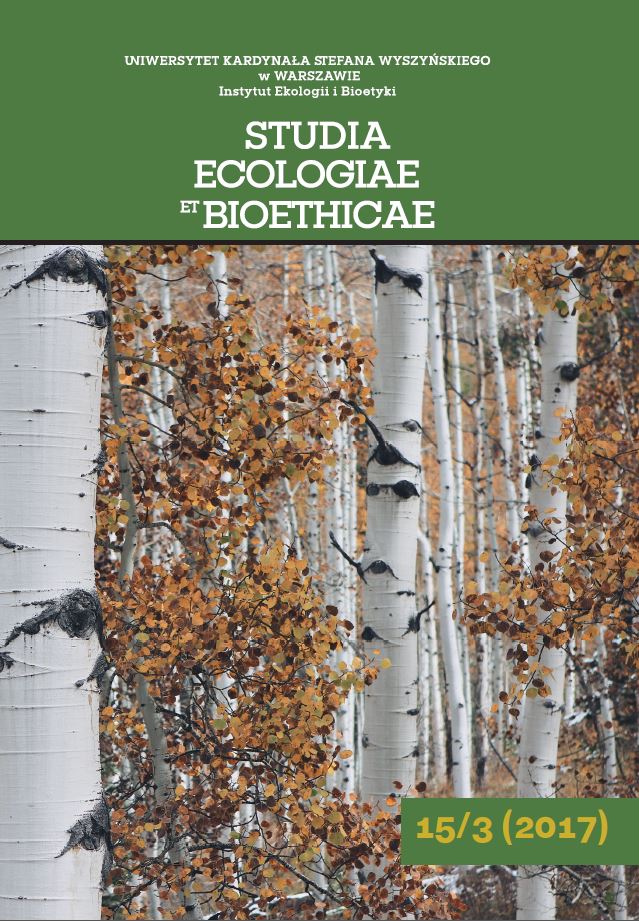Zgoda domniemana a cele transplantacji
A presumed consent in a transplantology context
Author(s): Piotr OchotnySubject(s): Ethics / Practical Philosophy
Published by: Wydawnictwo Naukowe Uniwersytetu Kardynała Stefana Wyszyńskiego w Warszawie
Keywords: a presumed consent; transplantation targets; transplantology; the right of self-determination; disagreement
Summary/Abstract: The author, in his paper, pays close attention to a presumed consent and wider a right to self-determination, which is meant as an act of decision in a transplantology context. Polish legislation of transplantation from 2005 in article 4 lists four reasons for transplantation of organs: post-mortem autopsy, therapeutic, academic and didactic. Simultaneously, article 5 states that transplantation of organs for a therapeutic reason is possible when the deceased person distinctly hadn’t disagreed for such an action. If there are no clear objections against transplantation, and the deceased person does not carry a note of which could suggest otherwise, the physician can legally assume that the person had agreed for an organ sampling (from a presumed consent). A phrase “for a therapeutic reason” evidently points out that donor’s disagreement is only valid in a face of organ, tissue and cell harvest for a medicinal cause. However, organs sampling: post-mortem autopsy, which is both academic and didactic as, does not fall under the same regulations, as it will be conducted regardless of presence or lack of permit of family or the will statement of the deceased one. On the other side, every organ sampling for academic and didactic reasons, requires a separate declaration from a donor as lack of their disagreement is not sufficient in this case. To resolve this forensic-legal deadlock, it is suggested to extend a presumed consent of organs sampling.
Journal: Studia Ecologiae et Bioethicae
- Issue Year: 15/2017
- Issue No: 3
- Page Range: 29-35
- Page Count: 7
- Language: Polish

